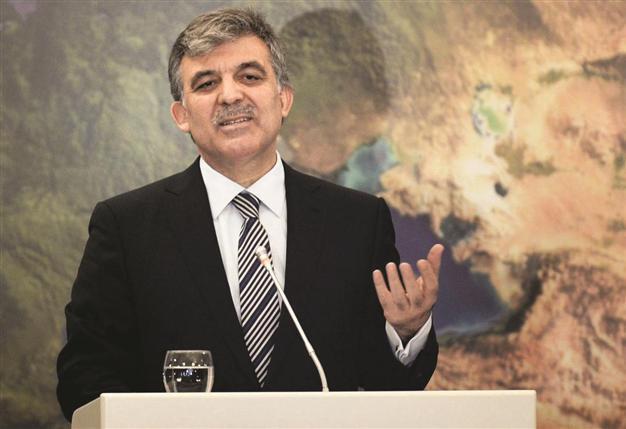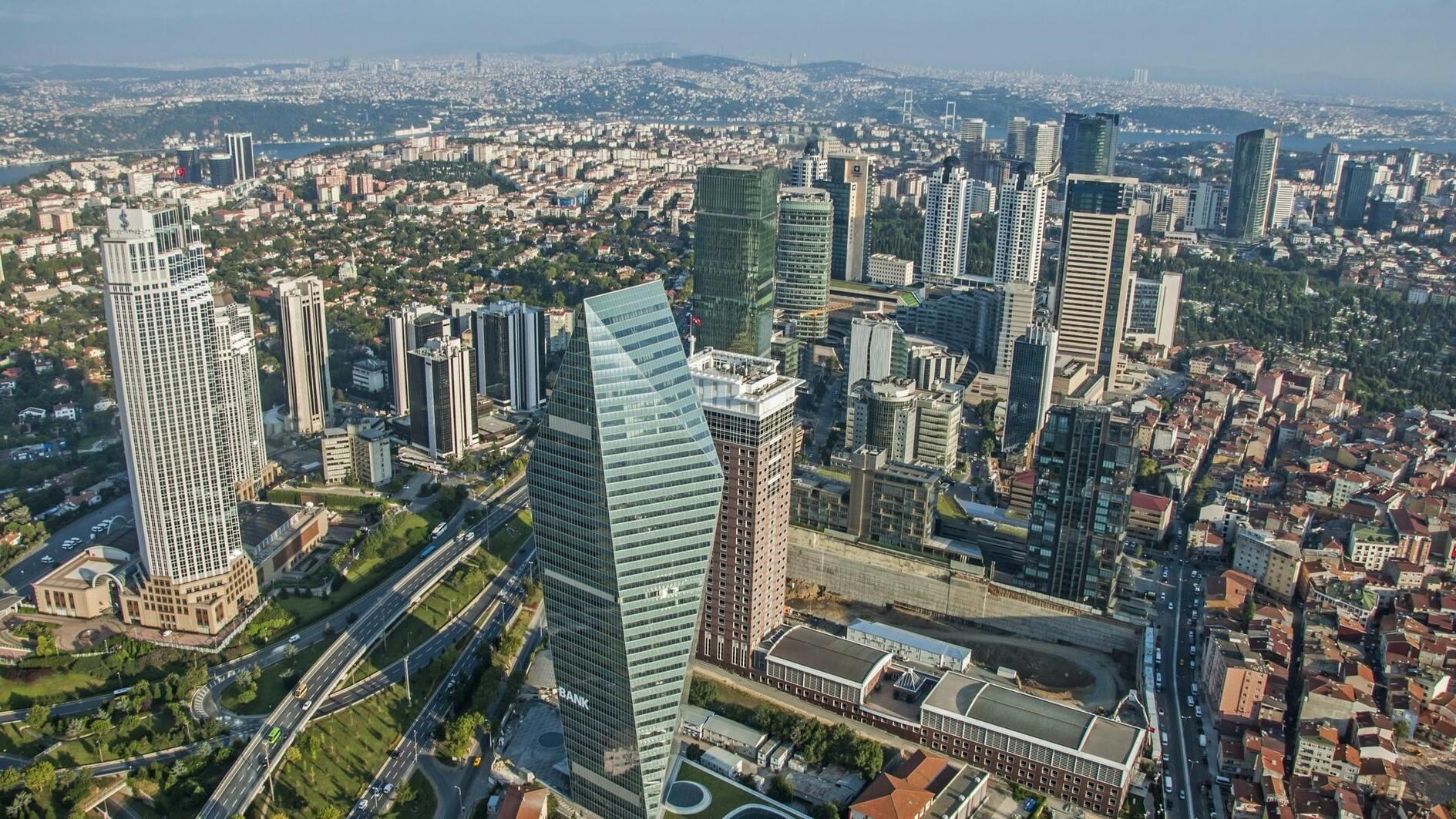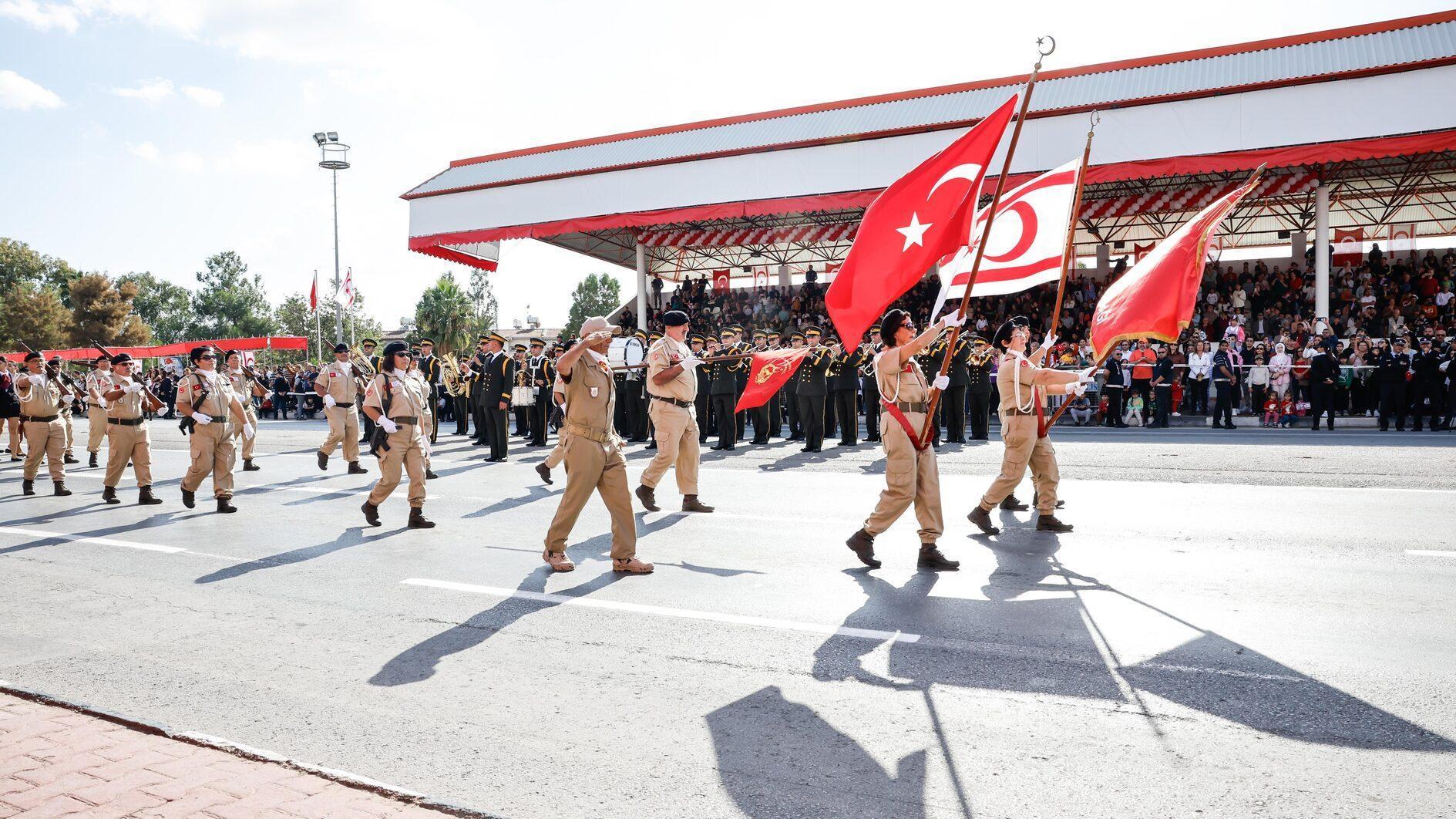Turkish President Gül urges elimination of WMDs in region
ISTANBUL

President Abdullah Gül speaks Nov 1 during the opening speech at the 60th Pugwash Conference on Science and World Affairs at Adile Sultan Palace in Istanbul. DAILY NEWS photo, Emrah GÜREL
President Abdullah Gül has called for the elimination weapons of mass destruction in the region, expressing increasing concern over their existence and varying regulations that allow for different sets of rules in powerful countries when compared to weaker ones.“As part of this region, Turkey opposes all weapons of mass destruction and sides with their destruction. We believe that the possession of these kinds of weapons and efforts to develop new ones will pave the way for a new regional race. We believe that this will threaten international peace and security,” the president said Nov. 1 during the opening speech at the 60th Pugwash Conference on Science and World Affairs at Adile Sultan Palace in Istanbul.
Gül highlighted different treatments given to different countries, a mode of regulation which would ultimately harm the goals of eliminating such weapons.
“Where it is seen as legitimate for certain countries to possess sophisticated weapons with extreme destruction capabilities, it is projected as illegitimate for some countries to acquire chemical, biological or radioactive weapons which they initially obtain because it is cheaper and easier to do so. Our efforts to get rid of [weapons of mass destruction] will not achieve a lot unless we see that contradiction,” Gül said.
The president added that if needed, “everyone can come up with reasons.”
“It has to be accepted at the start that all calculations and evaluations that show it is advantageous and legitimate to use weapons of mass destruction are wrong … There are no legal or security bases for possessing them,” Gül said, adding that in a region like Middle East, marred with various conflicts, allowing the de facto possession of such weapons would bring “an additional burden.”
“Possessing weapons of mass destruction has no basis in terms of security or international law. The last century has shown us that they provide no security to a country, but rather bring additional instability and problems,” the president said.
“The insecurity vacuum that emerges will cause dangerous consequences. We see the additional burden allowing some countries in Middle East to [de facto bring these weapons] into the region,” Gül said, citing the Iran-Iraq war of 1980s, as well as the recent August incident in which Syrian government forces were accused of using chemical gas on civilians.
The Turkish president also mentioned non-state actors that may eventually come into possession of similar weaponry, which would cause greater danger when they are intertwined with internal conflicts.
“The danger of non-state actors of possessing these weapons in countries with higher levels of security risks can be seen clearly. The intertwining of internal conflicts and mass destruction weapons makes up the gravest threat to international peace and security,” Gül said.
“We don’t even want to consider the possibility that these weapons could be possessed by terrorists and other radical forces. I highlight the need once more of continuing our determined work in finding a solution to this global problem,” the president said before he ended his speech with a quote from the Russell-Einstein Manifesto, the anti-nuclear arms declaration that formed the basis of the Pugwash Conference that called for all to “remember your humanity, and forget the rest.”
The Pugwash Conferences on Science and World Affairs is an organization that works to reduce armed conflict dangers. The group won a Nobel Peace Prize in 1995 for their efforts on nuclear disarmament. The first Pugwash Conference was held in 1957 in the Maritime Canadian province of Nova Scotia.
















